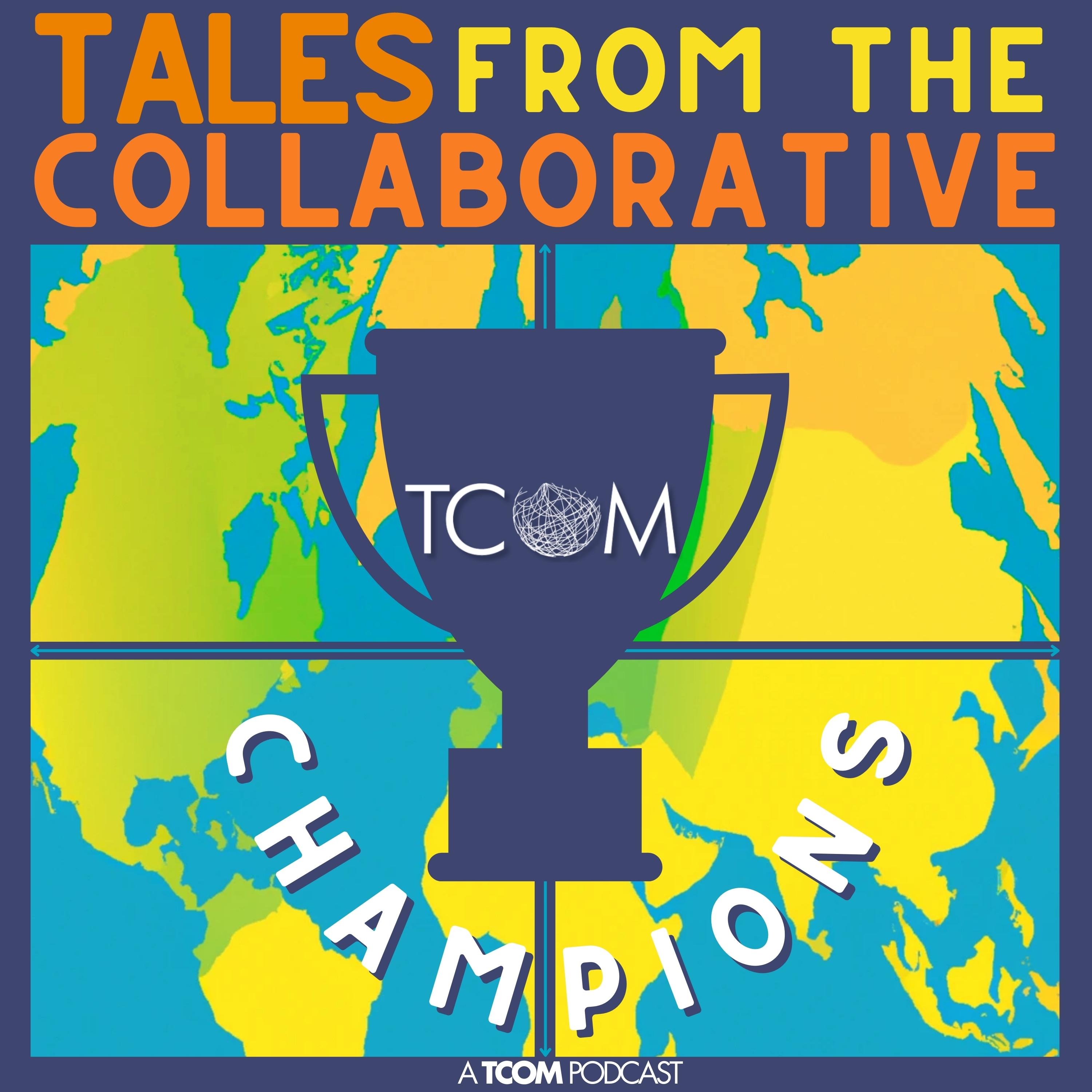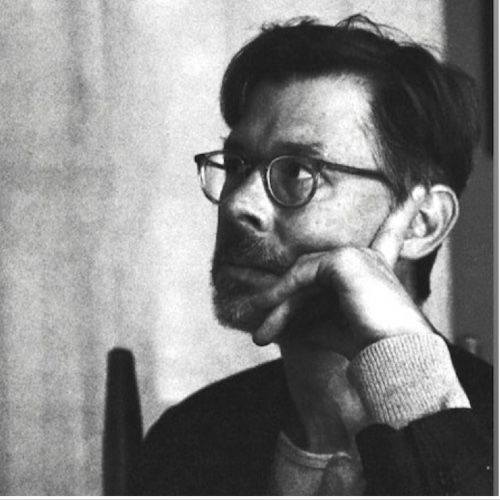Episode 3
Dan Warner
TCOM Champions Award winner Dan Warner is the co-founder and Executive Director of Community Data Roundtable, in Pittsburgh PA.
Transcript
TCOM Champions_Dan Warner
===
[:I'm Timothy Fall, creative producer for the University of Kentucky's Center for Innovation and Population Health, the IPH Center. Along with IPH Center Director and TCOM's original developer, Dr. John Lyons, and producer Lauren Mergen, I'm making the conversational rounds of past winners of the TCOM Champions Award, learning how the TCOM tools have transformed the way these champions help others.
You're listening to "Tales From the Collaborative."
Pause
[: [: le, CDR, which he launched in:So I'll, I'm gonna add Pittsburgh to my radius. Well, let me
[: [:Yeah, absolutely.
Good. You're the first... You're our first TCOM Champions interviewee.
Can you start us off by sharing a little bit about yourself.
[: up my Master's of Science in [:My background was always in community behavioral health. I was trained in an existential approach, but when I got, and I always was trained that, you know, you can't reduce people to numbers, you know, and we have to know people and their full depth and narrative existential, umvelt, but the in which I still agree to, but the moment I got a job, I was put in an administrative position where I had to understand what's going on with 5,000 different people and make decisions about them. And I needed more summary information about performance of organization of I should say programs and levels of care.
the frontline, creating data [: years, I think in: ata in clinical supervision, [:So could you
[: [: [: [:So we, we love working in the TCOM space cuz it really is where some of the most innovative work is happening in human services.
[: [:I, I would say, like ma, like many people is, when I saw John Lyons first speak, I had actually already been trained on CANS before I got to see John speak. And I didn't quite get it. Until he took me through the motions and was able to get really gain the large scale TCOM picture. Cause know if you get trained just on a tool, you can have, especially back then, 10 years ago before there were apps and fancy reports, it can be myopic, but the grand picture of collaboration from all the way up, all the way down as a form of creating data and then also acting on it. Very powerful. Very
[: [:Well, absolutely. So one of the most important things is that we are able to create data that we use for decision support algorithms. We've actually even got a published paper that our team has put out where we use advanced analytics to analyze CANS data to identify profiles that succeed or that don't do well in a service so that we can start shaping referral patterns to, so the client gets the right service at the right time at the right amount.
[: [: s people willing to do human [:This is the crucial time for using TCOM data.
[:Oh, that's
[:We've right away jumped up, realizing how many opportunities there were that needed to be solved with this data. You know, earlier in the process it was get an app up that captures CANS at all. Then it was make the standard reports. And that was the, that people can use. Okay. And then since that time, there's just been an exponential growth in the creativity. Now, where was I when the award was awarded?
I Okay. But I've always been a part of the conversation of people who connect these frontline conversations with families and consumers in need to large scale data projects meant to build a better network.
[: [:We're gonna start using it and make really fancy things that are helpful to you. You know, no, no one believes it. And especially in our model, just so you understand, these large implementations come together and then they basically give a free app to agencies. So you would have a large consortium of Medicaid providers and they're saying, here, use this app and you're gonna get something out of it.
regular monthly support for [:Oh, one of the reasons our image is this these loops here is it's to me, getting this thing up has always been like the story of Stone Soup in which you had a Oh, yeah. Community. A community that had no food. So somebody comes out to the middle of a town with a pot and puts water in it and a stone and says, Hey, we're making stone soup.
have, no one has enough for [: [:Yeah.
[: [: complete lack of resources, [:And they are, they're not looking at any data, let alone TCOM data. So my hope for the future is the continued growth. We're still way early in the inflection Okay. To be. We're not here. We're definitely not at the plateau. We are still at very early. And that next phase would be hopefully people saying, oh, you know what? We lost a third of our labor force, what kind of system are we about to rebuild if we only have a third of the people? , we're not getting, no, unless you've seen something I haven't seen, that third ain't coming back. We need to rethink what we do.
behaviors, we have a lot of [:The future is coming.
Yeah, we are, and it's got a lot of demands and this data is gonna help us make the best choices
[:All right. So when you when you shut down the computer and flip off the lights in the office and you leave TCOM behind, what's your ideal, sunny and 75 degree Saturday in Pittsburgh?
[: his dad in the same way. But [: [: [: [: [:So thanks for checking in with.
[: [: [: [:

